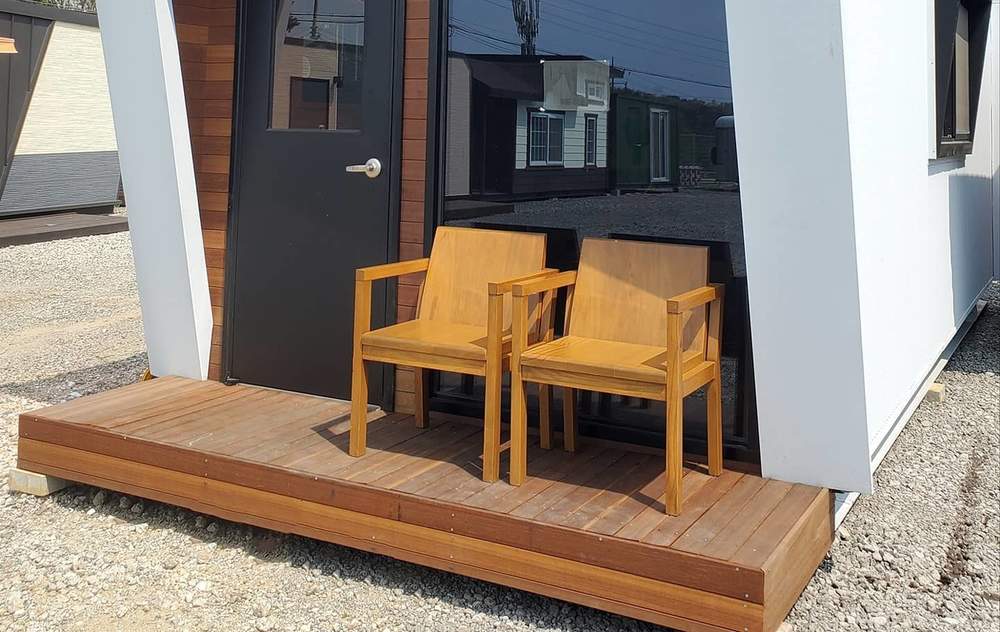If your mobile home is in a low-lying area or if flooding is a concern, you may want to consider raising it. This will help to protect your home from floodwaters and will also make it easier to dry out under your mobile home if it does flood. There are a few different ways that you can raise your mobile home, and the best method will depend on the specific circumstances of your home.
Contents
What are the Dangers of Water Under Your Mobile Home?
Many people are unaware of the dangers of water under their mobile home. This can lead to serious problems, including flooding and structural damage.
Water under your mobile home can come from a number of sources, including rainfall, melting snow, and even leaky pipes. If not properly drained, this water can pool and lead to flooding. In addition, the water can cause the mobile home to settle, which can lead to cracks in the foundation and other damage.
If you suspect that there is water under your mobile home, it is important to have it checked out as soon as possible. A qualified professional can inspect the area and determine the best course of action. Ignoring the problem can lead to serious and expensive damage.
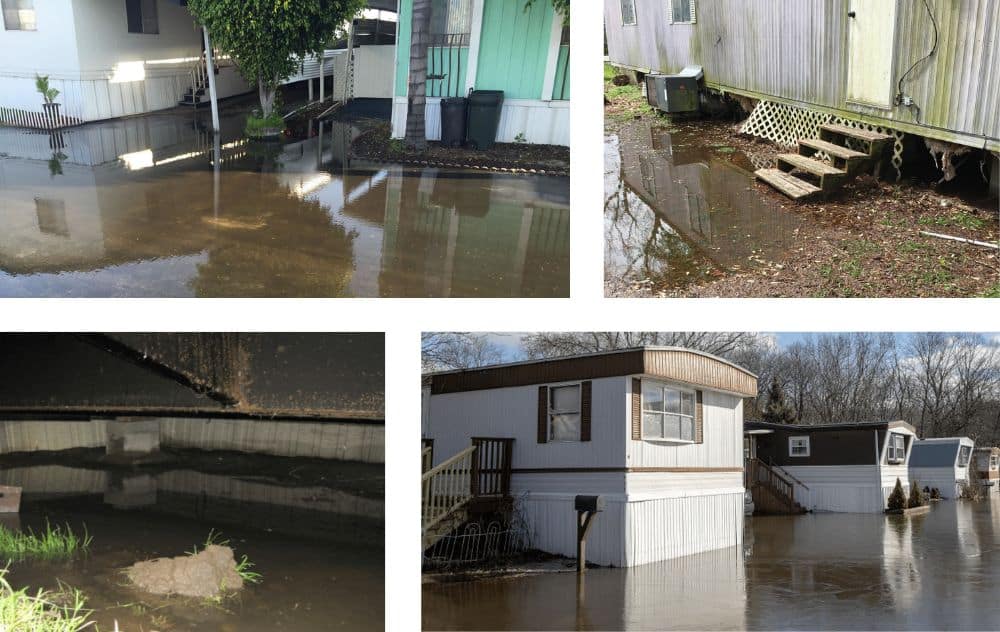
What Causes Standing Water Under Your Mobile Home?
If you notice standing water in underbelly of mobile home, it’s important to take action to determine the cause and address the issue as soon as possible. Standing water can damage your home’s foundation, lead to mold and mildew growth, and attract pests.
There are several possible causes of standing water under your mobile home. One possibility is that your home’s gutters are blocked or not draining properly. This can cause water to back up and pool under your home. Another possibility is that there is a leak in your home’s plumbing. This can also cause water to pool under your home. If you have a septic tank, it is also possible for leaks or other problems with the tank to cause water to pool under your home.
If you notice standing water under your home, it’s important to take action to determine the cause and address the issue as soon as possible. Ignoring the problem can lead to serious damage to your home’s foundation, as well as mold and mildew growth, and pest problems.
How Do You Get Water Out From Under a Mobile Home?
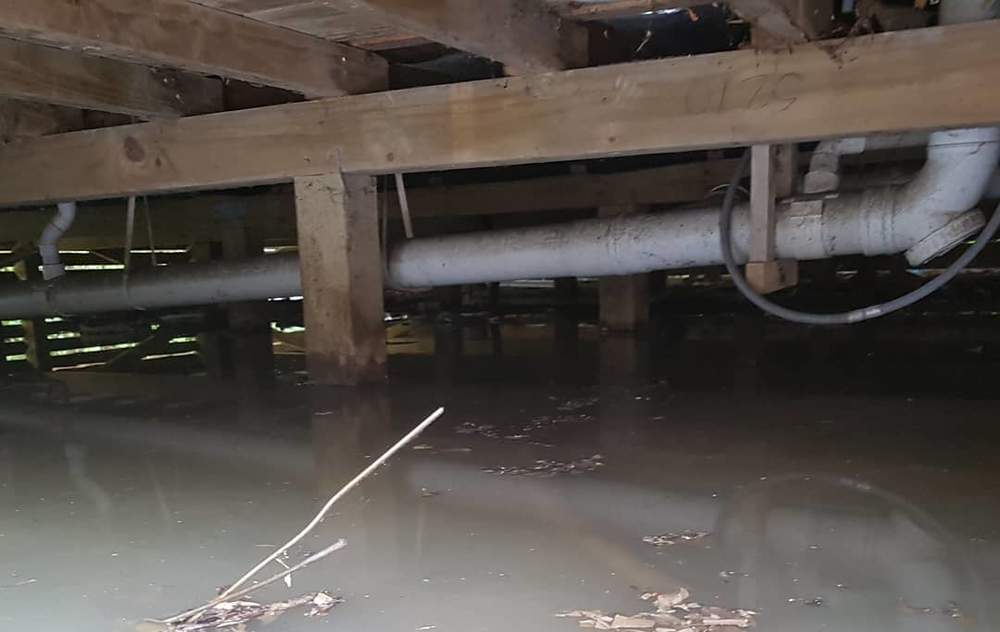
Let It Dry Naturally
If the water is not too deep, you may be able to wait for it to dry out on its own. This is especially true if the water comes in through a crack in the foundation or under the door. If the water is clean, there is no need to worry about any health hazards. Just open some windows to help speed up the drying process.
Use a Wet Vac
If the water is deeper, you may need to use a wet vac to remove it. Be sure to empty the vac often so that it doesn’t overheat. You may need to do this a few times to get all the water out.
Use a dehumidifier
This is probably the most effective way to remove moisture from the air. Place the dehumidifier in the crawl space and let it run until the space is dry.
Lime
Lime under mobile home and other minerals in the water can cause staining and clogging in your home’s plumbing. If you have a mobile home, you may be wondering how to get the water out from under it.
There are a few different ways that you can go about this. One is to use a sump pump. This will pump the water out from under your home and away from the foundation.
Sump Pump
Another way to do this is to install a French drain. This system of perforated pipes will allow the water to drain away from your home.
You can also use a combination of these methods to ensure the water is removed from under your mobile home. If you have any questions, you should consult with a professional to find the best solution for your home.
Use fans
Another way to circulate the air and dry out the space is to use fans. Position a few fans around the space and let them run until the area is dry.
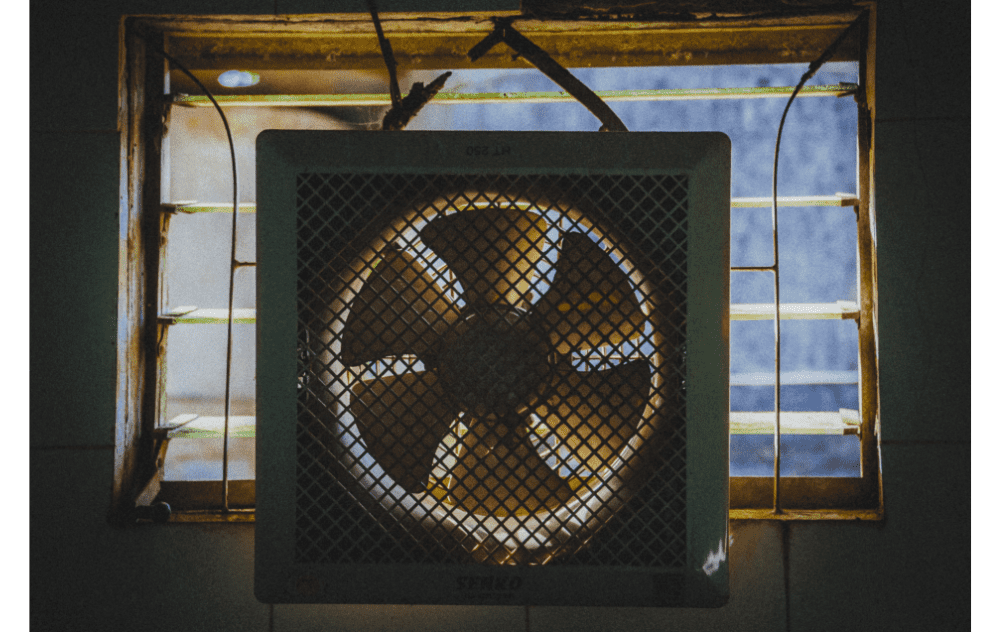
Use a space heater
If you have access to a space heater, you can use it to help dry out the space. Just be sure to keep an eye on the temperature and don’t let it get too hot.
Open up the windows
If the weather cooperates, open the windows and doors to let in some fresh, dry air.
Use a wet/dry vacuum
If you have a wet/dry vacuum, you can use it to suck up any standing water. Just be sure to empty the tank often so it doesn’t overflow.
With a little time and effort, you can dry out under a mobile home and keep your space mold and mildew free.
Alter The Grade Work With a Shovel
One of the most common ways to get water out from how to dry ground under mobile home is to change the grade. You can do this with a shovel by sloping the ground away from the home. This will allow the water to flow away from the home instead of towards it.
Call in a Professional
If you can’t get the water out yourself, you may need to call in a professional. They will have the equipment to remove the water quickly and safely.
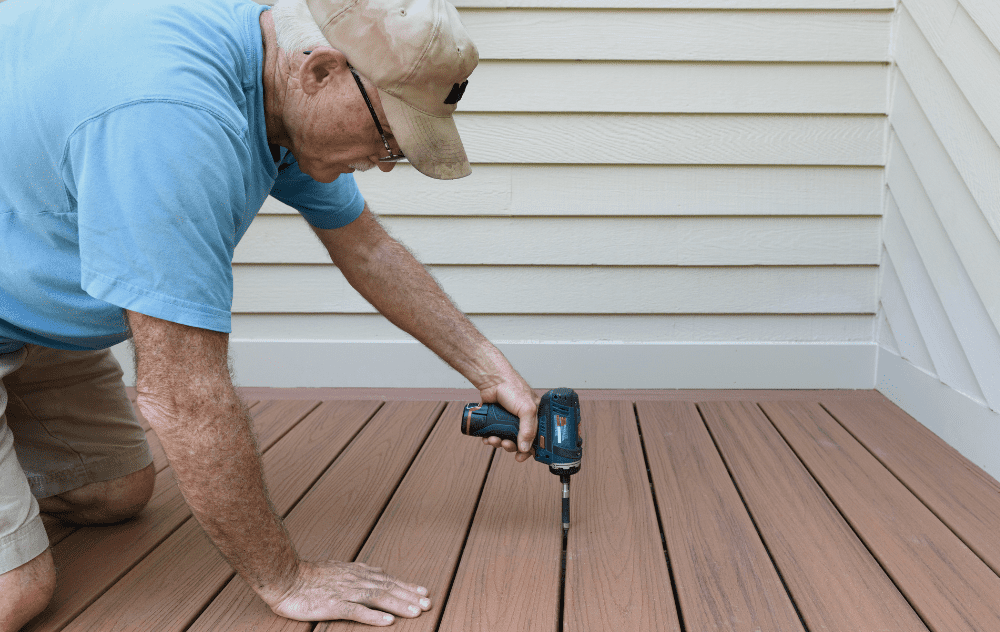
What Damage Can A Water Leak Cause?
A water leak can cause a lot of damage to your home. If it is not fixed promptly, it can lead to mold growth, rot, and structural damage. Even a small leak can waste a lot of water and increase your water bill.
If a water leak is left unchecked, it can cause extensive damage to your home by leading to the growth of mold and mildew. This can cause health problems for you and your family. In addition, water leaks can damage your home’s foundation, leading to costly repairs. If you suspect a water leak, it is essential to have it fixed as soon as possible to avoid any further damage.
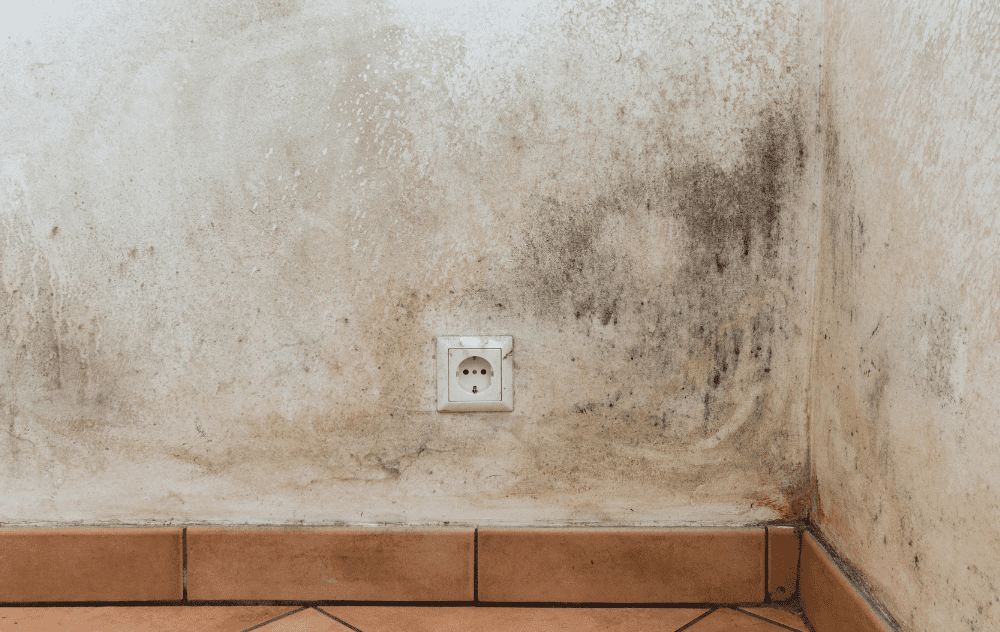
Need Insulation for Your Mobile Home?
If you’re like most people, you probably don’t think much about the insulation in your mobile home. Unfortunately, that can be a big mistake. Mobile homes are notoriously difficult to keep warm in the winter and cool in the summer, and poor insulation is often to blame.
There are a few things to keep in mind when shopping for insulation for your mobile home. First, you’ll need to decide what type of insulation you want. There are two main types of insulation: fiberglass and cellulose. Fiberglass is the most common type of insulation, and it’s also the least expensive. Cellulose is made from recycled newsprint and other materials, and it’s considered to be more environmentally friendly than fiberglass.
Next, you’ll need to decide how much insulation you need. The amount of wet insulation under mobile home you need will depend on the climate you live in and the size of your mobile home. A good rule of thumb is to use R- values to determine how much insulation you need. The higher the R-value, the more insulation you’ll need.
Finally, you’ll need to decide where to put the insulation. Mobile homes have a few different areas that can be insulated, including the floor, walls, and ceiling. Floor insulation is usually the most important, since heat rises. Wall and ceiling insulation is also important, but it’s often more difficult to install.
If you’re not sure where to start, the best thing to do is to call a professional. A professional can help you determine the best type of insulation for your mobile home and can also install it for you. Insulating your mobile home is an essential step in keeping it warm in the winter and cool in the summer, so don’t wait any longer.
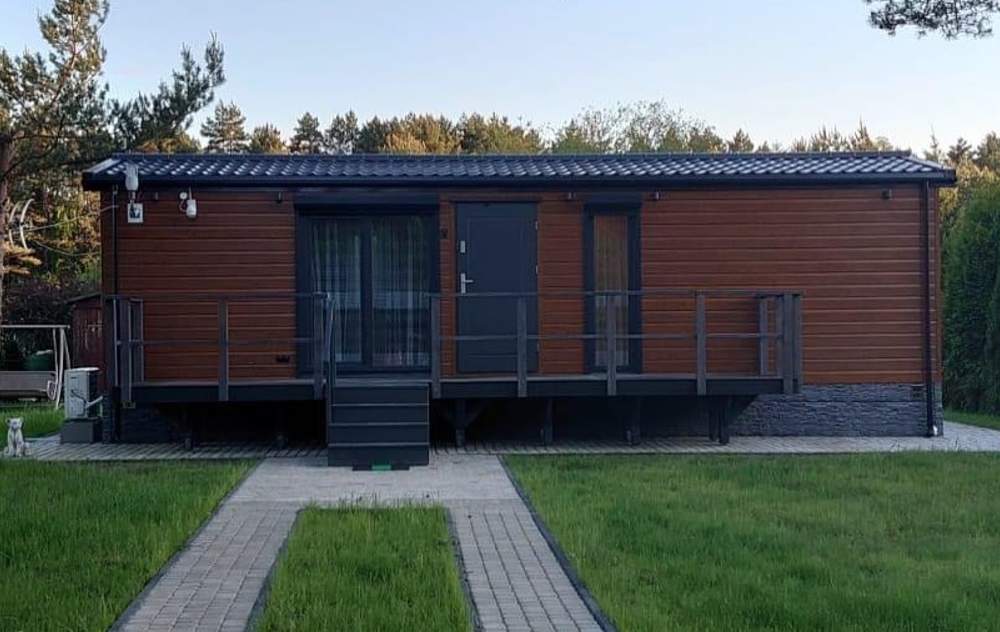
FAQ
How to stop moisture under a mobile home?
You can do a few things to stop moisture under a mobile home. One is to make sure that the ground around the house is sloped so that water will run away from the home. Another is to install gutters and downspouts to help direct water away from the home. Finally, you can seal any cracks or holes in the home’s foundation to help prevent water from getting inside.
Do I need a vapor barrier under my mobile home?
There is no definitive answer, as there are many factors to consider when installing a vapor barrier under a mobile home. However, a vapor barrier is generally not required if the mobile home is properly insulated and the ground underneath is not excessively damp.
What can I put under my house to stop moisture?
One option for mitigating moisture under a house is to install a vapor barrier. This barrier can be made of thick plastic sheeting that is laid across the ground before the foundation is poured. The vapor barrier will prevent moisture in the soil from evaporating and rising into the house.
Read also:
- What Are Park Model Homes?
- How to Paint Metal Siding on Mobile Home?
- Can a Manufactured Home Have a Basement?
Conclusion
Overall, When you have water that has pooled under your mobile home, it is important to dry it out as soon as possible. If you do not, the water can cause mold and mildew to form, leading to health problems for you and your family.
